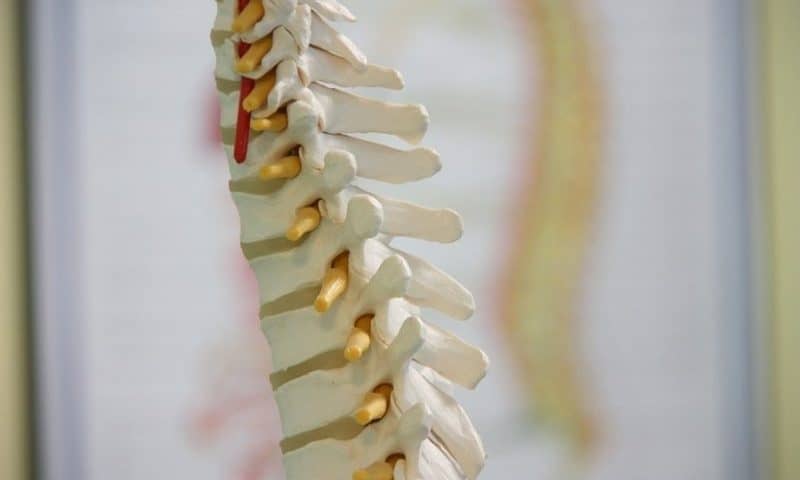To help give surgeons a leg up in less-invasive spine surgery, NuVasive plans to launch a virtual reality training program that can be completed just about anywhere.
Working with the orthopedic VR surgery developer PrecisionOS, NuVasive aims to deliver a cadaver-less training course built around its X360 system—which provides a lateral approach to single-position surgeries of the spine, including lumbar interbody fusion and fixation procedures.
The VR module, to be offered in 20 languages, will be folded into NuVasive’s current professional development programs designed for surgeons, academic centers and sales representatives worldwide.
“We are helping expand access to NuVasive’s surgeon education and training answered through our high fidelity, evidence-based simulation solution,” PrecisionOS CEO Danny Goel, M.D., said in a statement.
“Deploying our software will allow NuVasive to educate a broader audience of spine surgeons while inspiring learner confidence and proficiency in performance,” said Goel, an orthopedic surgeon by training, in the statement. “High-quality education to reduce complications forms a value-based care approach.”
The Vancouver, Canada-based PrecisionOS said it is now providing medical-grade simulations for top orthopedic companies as well as professional societies and residency and fellowship programs.
Traditional surgical training, typically involving an instructor-led procedure with a cadaver, can take 12 to 18 months or more. By contrast, the use of interactive VR allows surgeons to practice their steps much more often and in a vastly more cost-efficient manner, the companies said.
Earlier this year, NuVasive began the international rollout of its Pulse system for spine surgery, which combines a variety of technologies to help guide surgeons through the placement of screws and the bending of spinal rods for individual patients.
With new regulatory green lights in hand for the U.S. and European markets, Pulse also integrates digital imaging platforms and patient monitoring hardware into a single platform.
But this year also saw NuVasive take a step back, following an FDA safety notice related to its line of MAGEC magnetic implants for correcting the curve of spines affected by scoliosis.
In July, the agency alerted patients and providers of the risk of endcaps separating from the rods; NuVasive said it is testing the biocompatibility of the exposed internal components to ensure they won’t cause local reactions or side effects. The devices are still available, as the FDA said it believes their benefits in treating scoliosis outweigh the risks.

